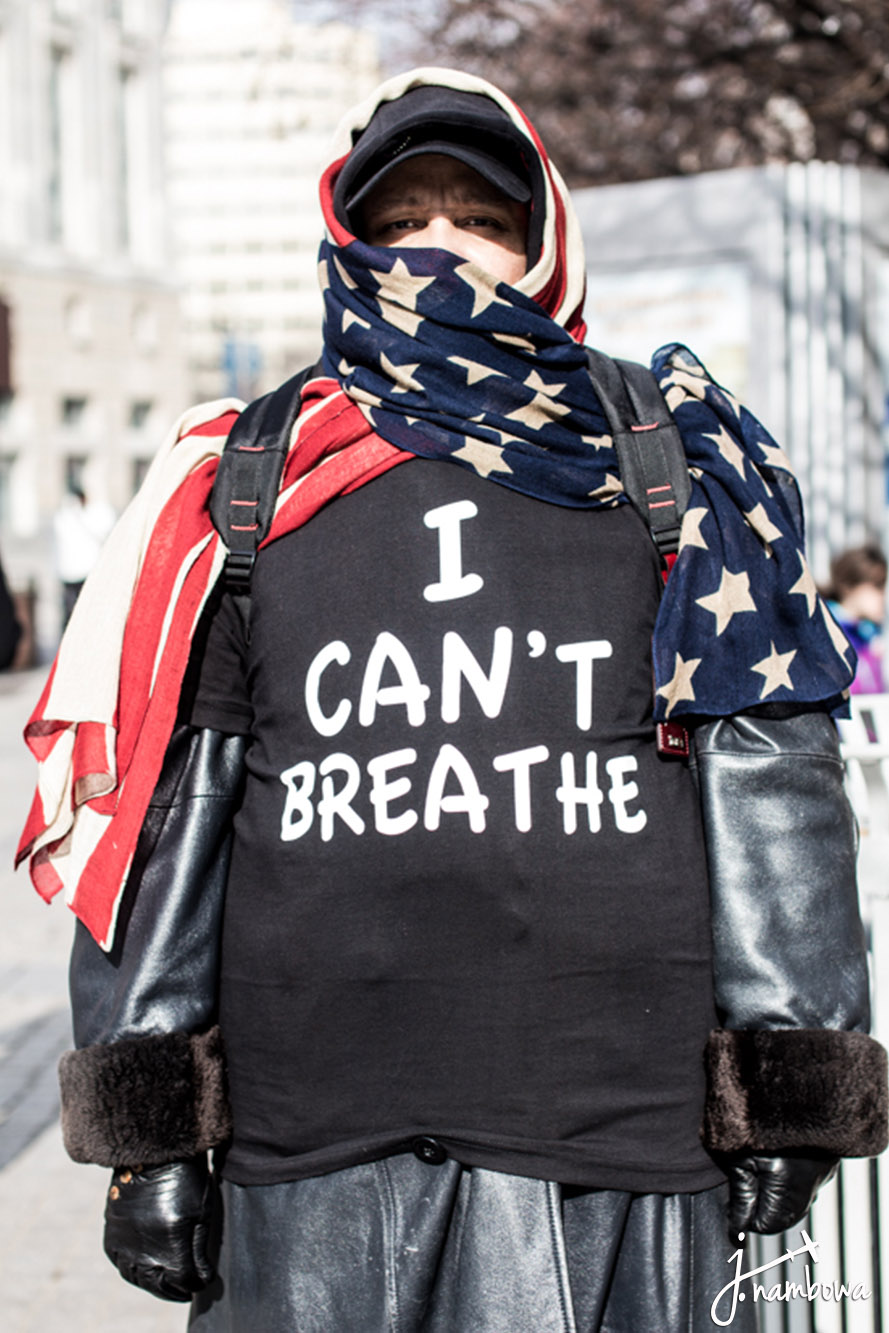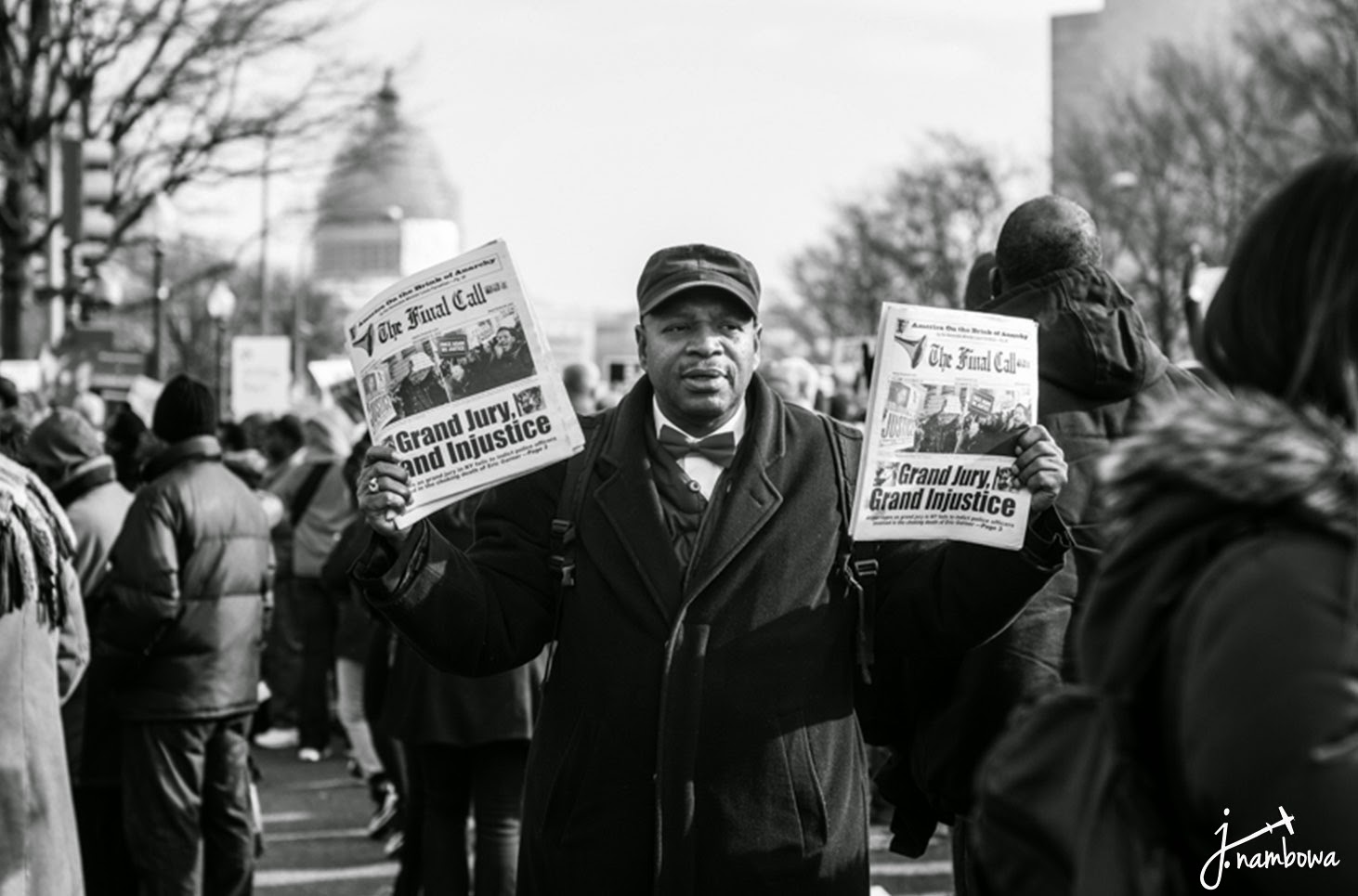Afropolitan
Being raised by Ugandan immigrants in America, I always knew that I was Ugandan. I never really formed an American identity until I left the US and even then it was tenuous. I am not patriotic towards America and I do not often feel connected to the history because my family’s history starts in the country in 1969 when my parents permanently moved to Detroit.
Traveling and living abroad, one of the first questions people ask is “where are you from?” When people look at me, they assume that I am African, but when I open my mouth, they assume that I am American. My response is usually, I was born and raised in Detroit and my family is Ugandan.
My American identity and my Ugandan identity are very unique. I am American because I was born there, but in many ways I recognize that I am significantly different, culturally, from my friends whose families have been in America for many generations. And while I grew up in a Ugandan household and in a tight knit Ugandan community, I have never lived in Uganda and I am not fluent in my parents native tongue.
Once upon a time, I thought that I was one of few people that dealt with these complicated ideas of identity. Traveling the world and meeting more people that were born outside of their parents’ home countries and who are often working in a third country helped me to realize that I am not alone. A friend recently shared an article with me, an article that talks about the complexity of being an “Afropolitan”, i.e. an African Cosmopolitan. The article truly warmed my soul because I was nodding with every sentence that I read. I will put a few excerpts below, but I implore you to read about it to learn more about me and people like me.
On the, “where are you from?” question:
“‘Home’ for this lot is many things: where their parents are from; where they go for vacation; where they went to school; where they see old friends; where they live (or live this year). Like so many African young people working and living in cities around the globe, they belong to no single geography, but feel at home in many.”
On self-identity:
“You’d never know it looking at those dapper lawyers in global firms, but most were once supremely self-conscious of being so ‘in between’. Brown-skinned without a bedrock sense of ‘blackness,’ on the one hand; and often teased by African family members for ‘acting white’ on the other – the baby-Afropolitan can get what I call ‘lost in transnation’.”





Great article and very relevant.